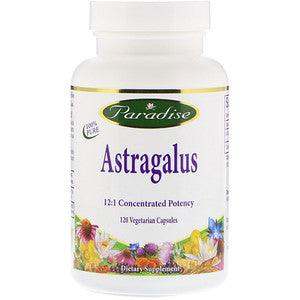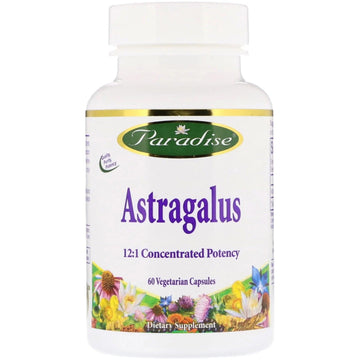Astragalus is a herbal supplement derived from the root of the Astragalus membranaceus plant, which has been used in traditional Chinese medicine for centuries. Revered for its potential health benefits, astragalus is primarily known for its immune-boosting properties. It is believed to enhance the body's natural defences by supporting various immune functions and reducing inflammation. Additionally, it is often praised for its antioxidant properties which play a key role in protecting cells from oxidative stress and free radical damage.
The collection of astragalus products offers various forms to suit different preferences and lifestyles. Available in capsules, tinctures, powders, and teas, each product aims to provide comprehensive support for overall well-being. The capsules are convenient for those who prefer a consistent daily intake without the need to mix or prepare anything additional. Tinctures offer a potent liquid extract that can be easily added to beverages or taken directly under the tongue for quick absorption.
Powders allow users to incorporate astragalus into smoothies or recipes seamlessly while ensuring they receive the full spectrum of bioactive compounds found in the root. Finally, the herbal teas provide a comforting way to enjoy the benefits of astragalus while also promoting relaxation and hydration.
Overall, this curated range of astragalus products focuses on enhancing immunity, providing antioxidant protection, supporting cardiovascular health, and promoting longevity. By incorporating these products into a daily wellness routine, users can take proactive steps toward maintaining their health and vitality through natural means. The collection emphasises both convenience and efficacy ensuring that access to this revered herb's benefits has never been easier or more adaptable to individual needs.























 Rated Excellent by 26,523+ Reviews
Rated Excellent by 26,523+ Reviews